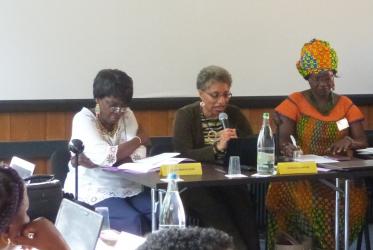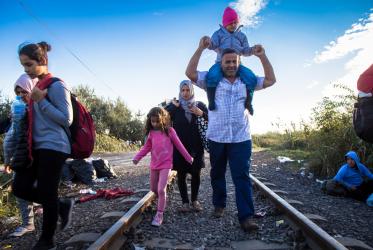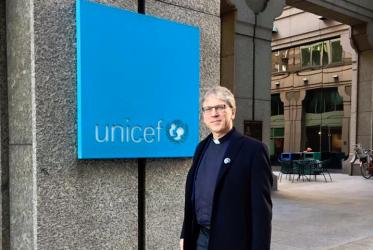Displaying 81 - 100 of 116
"We have our work cut out for us"
10 August 2017
"Church has huge responsibility empowering women"
26 July 2017
Matanzas Evangelical Seminary celebrates its jubilee
13 October 2016
Caribbean Christians craft unity prayers
08 September 2016
New Executive Committee members elected in Trondheim
28 June 2016
International affairs facilitator reflects on pilgrimage
31 March 2016
Symposium focuses on religion, violence, extremism
04 February 2016
Theologian explores emerging model of empowerment and diakonia
17 December 2015










